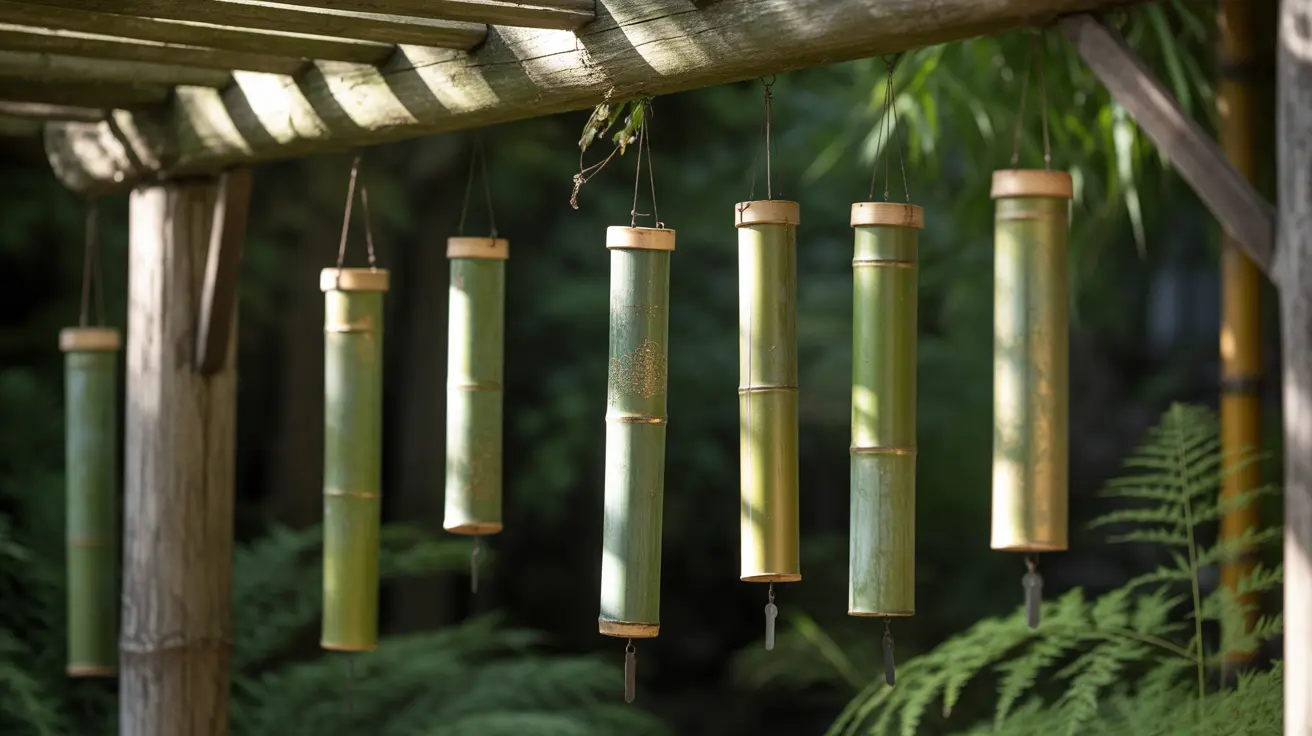The Akron Zoo has taken a meaningful step toward supporting their dedicated animal care professionals by creating a special memorial space where staff can process grief when beloved animals pass away. The zoo recently commissioned hand-painted bamboo wind chimes from local artist ART x LOVE that will hang in this designated area, providing a peaceful environment for reflection and remembrance.
This initiative highlights the often-overlooked emotional reality of working with animals in professional care settings. Zoo staff grief support has become increasingly recognized as essential for maintaining both employee well-being and the quality of animal care these professionals provide daily.
Understanding Animal Loss in Zoos and Its Impact on Caregivers
Working closely with animals creates deep emotional bonds that extend far beyond typical workplace relationships. Zoo professionals spend years caring for individual animals, observing their personalities, celebrating their milestones, and providing medical care during illness. When these animals pass away, whether from old age, illness, or unexpected circumstances, the grief experienced by their caregivers is profound and legitimate.
The Akron Zoo's new memorial space acknowledges this reality and provides a dedicated place where staff can honor the animals they've cared for. The hand-painted bamboo wind chimes serve as both a beautiful tribute and a gentle reminder of the meaningful relationships formed between caregivers and animals.
Addressing Compassion Fatigue Zoo Workers Face Daily
Animal care professionals are particularly susceptible to compassion fatigue, a form of emotional exhaustion that results from caring for animals in distress or witnessing animal suffering. This condition can lead to decreased job satisfaction, increased turnover, and ultimately impact the quality of care provided to remaining animals.
Memorial rituals animal care facilities implement, like the Akron Zoo's wind chime memorial, serve multiple purposes. They validate the grief process, provide closure opportunities, and demonstrate organizational support for employee emotional well-being. These gestures communicate that the zoo values both its animals and the people who dedicate their lives to caring for them.
Supporting Zoo Employee Mental Health Through Workplace Initiatives
Progressive zoos are recognizing that zoo employee mental health directly correlates with animal welfare outcomes. When staff feel supported emotionally, they're better equipped to provide excellent care, make sound decisions under pressure, and maintain the passion that drew them to animal care professions.
The memorial space at Akron Zoo represents a broader trend toward grief-affirming workplace policies in animal care settings. These policies might include bereavement time for significant animal losses, peer support programs, professional counseling resources, or memorial ceremonies that honor both the animals and the staff who cared for them.
Preventing Burnout in Zoo Professionals Through Institutional Support
Zoo worker burnout prevention requires multifaceted approaches that address both the emotional and practical challenges of animal care work. While creating memorial spaces is one important element, comprehensive support systems should also include adequate staffing levels, professional development opportunities, and recognition of the unique stressors inherent in zoo work.
Organizations like GRAZE (Grief Recovery After a Euthanasia) provide specialized grief support for aquarium and zoo professionals, demonstrating the growing recognition of this need across the industry. These resources help normalize the grief process and provide practical coping strategies for animal care workers.
How Memorial Spaces Improve Workplace Wellness Zoo Industry-Wide
The Akron Zoo's initiative could inspire other facilities to examine their own support systems for grieving staff. Supporting animal care professionals isn't just compassionate management—it's strategic investment in both human resources and animal welfare outcomes.
When zoos create meaningful ways to honor lost animals while supporting their staff's emotional needs, they foster workplace cultures that attract and retain dedicated professionals. This stability benefits the entire zoo community, from animals to visitors to the broader conservation mission these institutions serve.
Frequently Asked Questions
Why do zoo workers experience grief when animals die, and is it normal?
Yes, grief is completely normal for zoo workers when animals die. These professionals develop deep emotional bonds with animals through daily caregiving, often spanning years. The grief they experience reflects their dedication and compassion, which are essential qualities for excellent animal care.
What support systems do zoos have in place to help staff cope with animal loss?
Progressive zoos like Akron Zoo are implementing memorial spaces, grief counseling resources, peer support programs, and bereavement policies. Some facilities also connect with organizations like GRAZE that specialize in grief support for animal care professionals.
How can organizations create meaningful memorials for lost animals while supporting staff?
Effective memorials, like Akron Zoo's hand-painted wind chimes, provide dedicated spaces for reflection and remembrance. The key is creating something permanent yet peaceful that honors both the animals and the emotional investment of their caregivers, helping staff process grief in healthy ways.






